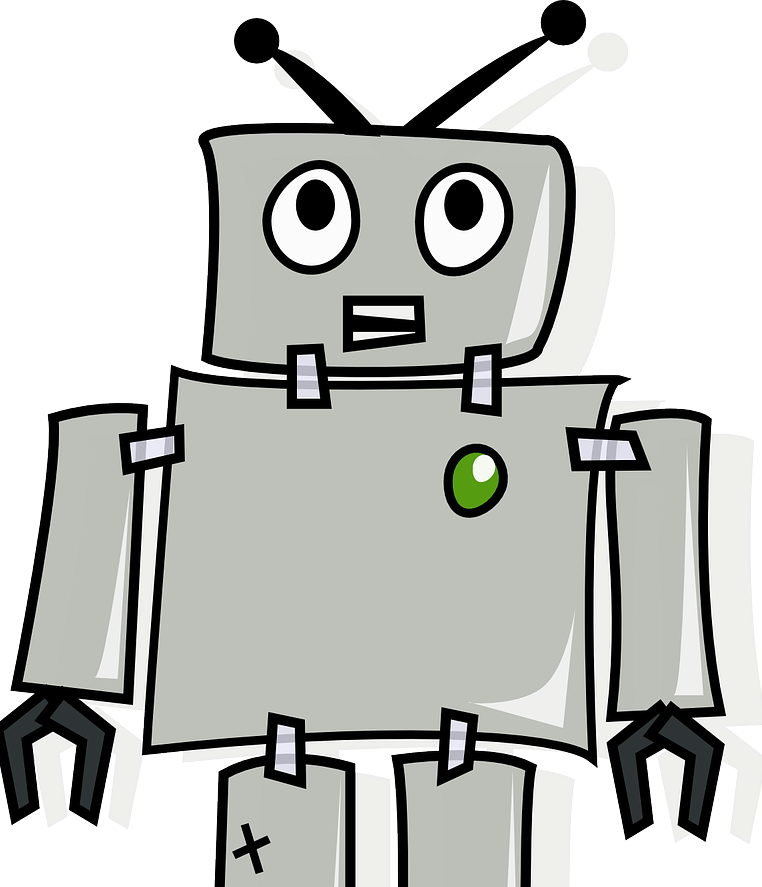
An Artificial Intelligence (AI) System Is Not Eligible to be an Inventor
On April 22, 2020 the US Patent and Trademark Office ruled that Artificial Intelligence (AI) systems are not eligible to be an Inventor, which the USPTO rules is limited to natural persons.
Let’s get into it. On July 29, 2019, an Artificial Inventor Project (AIP, a group of international patent attorneys), filed a patent application naming DABUS AI system as the inventor of the application. The inventor’s first name was listed as DABUS and the inventor’s last name as “Invention generated by artificial intelligence.” The patent application was filed by assignee Stephen L. Thaler, Founder and CEO of Imagination Engines Inc (IEI).
In doing its preliminary review of the submitted application for completeness, the USPTO issued a Notice to File Missing Partson August 8, 2019, citing that the application “does not identify each inventor by his or her legal name.” Thaler filed a petition requesting review and withdrawal of the notice on August 29, 2019, which was dismissed by the USPTO on December 17, 2019. Thaler filed an instant petition requesting reconsideration of that decision on January 20, 2020.
DABUS is an AI system developed and patented by Thaler to create inventions; it is a system akin to what is known in the field as Generative Adversarial Networks (GANs), wherein one Artificial Neural Network is trained to create an output that is consequently assessed by a peer neural network that provides feedback to the first neural network to improve the quality of the next creation. GANs have been applied to such fields as music composition, conversational language generation, and art generation. DABUS, otherwise untrained in specific fields of its inventions, utilizes a neural network that creates and proposes inventions and another that assesses the inventions’ inventiveness and salience.
In reviewing the body of rules and case laws, the USPTO found inventorship to be limited to natural persons, pointing to 35 U.S.C. §100(a) wherein an inventor is defined as “the individual, or if a joint invention, the individuals collectively, who invented or discovered the subject matter of the invention.” The USPTO referred to 35 U.S.C. §101 and 35 U.S.C. §115 and their usage of the terms “whoever,” “himself,” and “herself” in ruling that the “individual” refers only to natural persons. USPTO further noted the reference of an inventor as “person” in Title 27 of the Code of Federal Regulations.
The USPTO additionally emphasized the threshold of “conception” as requisite for inventorship, which is defined in the Manual of Patent Examining Procedure as “the complete performance of the mental part of the inventive act.” Burroughs Wellcome Co. v. Barr Labs Inc. noted that “conception is the touchstone of inventorship, the completion of the mental part of invention.” Therefore, as cited by Univ. of Utah v. Max-Planck, “to perform this mental act, inventors must be natural persons…”
Accordingly, the USPTO upheld the Aug. 8 notice, ruling that AI systems are ineligible to be inventors. Patents filed internationally by the AIP for the same inventions faced varying challenges. The European Patent Office (EPO) sidestepped the question of AI inventorship, instead rejecting the patent as “a machine cannot own rights to an invention and cannot transfer them within a employment relationship or by succession,” thereby DABUS was unable to designate Thaler the right to the invention as per Article 81 Rule 19(1) of the European Patent Office which requires the applicant to state how they derived the right to the invention from the inventor. The UK Intellectual Property Office (UKIPO) recognized DABUS as the creator of the invention, ruling that “even though the invention itself is said to have been created by DABUS, the applicant acknowledges that DABUS is an AI machine and not a human, so cannot be taken to be a ‘person’ as required by [law].”
Ultimately, the controversial question of AI inventorship is set to challenge IP laws worldwide, questioning the role of inventorship in patent eligibility, the eligibility of inventorship by entities, and potentially the personhood of AI systems that may grant them eligibility to inventorship. The current US stance remains that AI systems do not constitute natural persons and therefore are ineligible to inventorship.